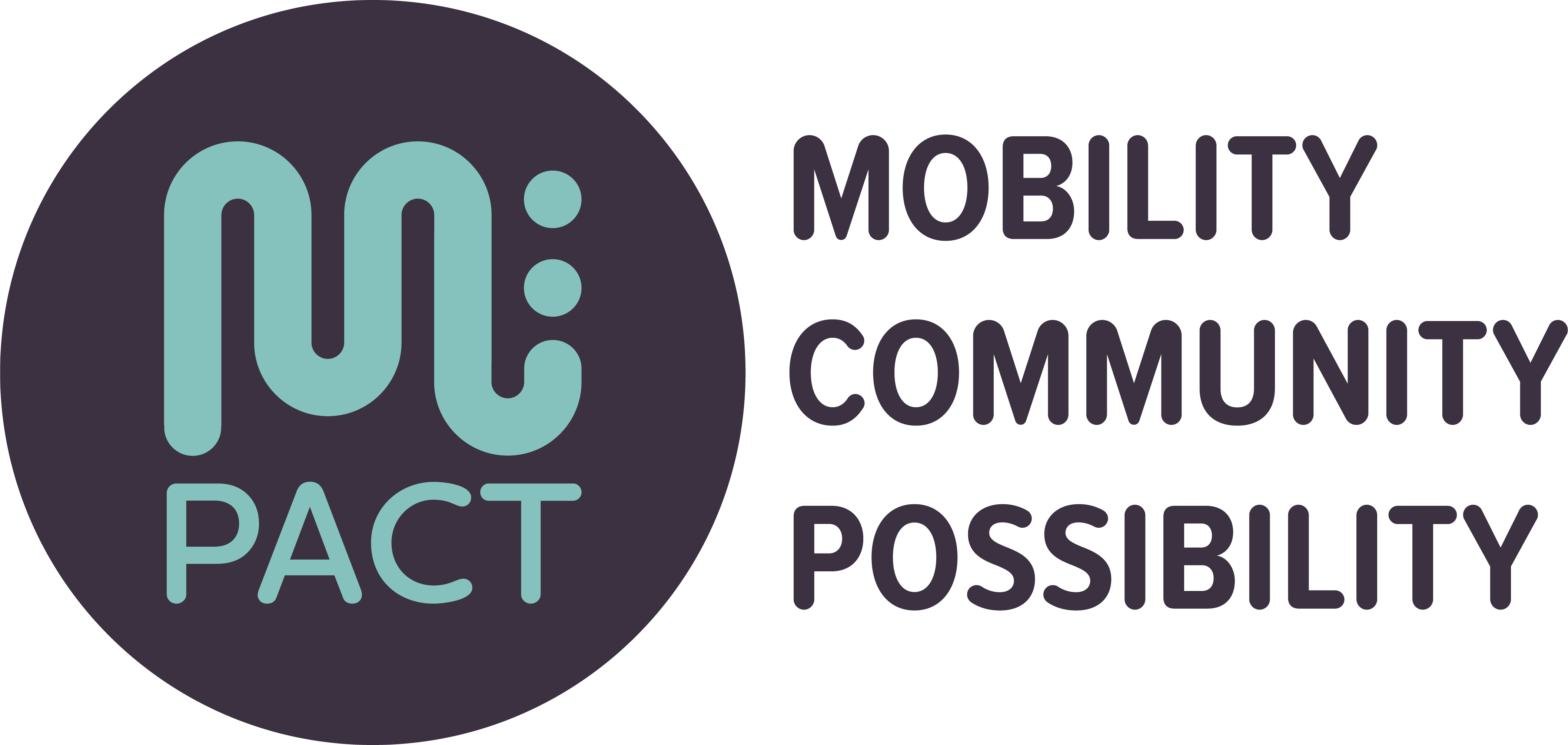Episode 14: Treating the Whole Person
How do healthcare providers approach the social determinants of health, including transportation? On the podcast, Brian Ebersole and Eileen Evert share the approach to “treating the whole person” that led Geisinger Health System to launch a pilot program with regional partners to address the transportation barriers of a specific group of patients. For regular listeners of the Rail~Volution podcast, this episode offers a view of the motivation of an anchor institution to be part of a transportation initiative – how it works on the ground, and how views of transportation change as a result.
Topics:
Tags:

“I’m surprised at the need & outpouring of referrals. We are seeing a 50% increase each month in terms of utilization and requests (were expecting 10%), even with a detailed referral process. There’s a great need . . . and downstream impact related to transportation.” – Eileen Evert
Brian Ebersole and Eileen Evert both work for Geisinger Health System, a provider in northeastern Pennsylvania and southern New Jersey that serves more than 600,000 health plan members. Brian is the senior director of Springboard Health and Eileen is director of health and wellness.
Geisinger is part of NEPA Moves, a regional initiative focused on transit equity. NEPA Moves started as the Equitable Transit Planning Council, a group convened by the Scranton Area Community Foundation and the Federal Reserve Bank of Philadelphia in response to the growing population of northeastern Pennsylvania and increasing concerns about transportation barriers to housing, jobs, quality health care, and educational and cultural opportunities. Geisinger got involved with the initiative through a 2017 regional summit.
As Brian Ebersole explains on the podcast, Geisinger (like many health organizations) increasingly focuses on social determinants of health. Their approach to “treating the whole person,” is based on the reality that only about 20% of “being healthy” is determined by medical professionals and facilities. The other 80% of health outcomes are rooted in other things – where you live, work, your education and your genetic makeup. Health care providers like Geisinger are looking “beyond the walls of traditional hospitals and primary care doctors’ offices” to try focus on food access, transportation and specific subsets of the population. “If we start to meet that other 80%, we believe the 20% will continue to improve, exponentially,” as Ebersole says.
Geisinger found out through convenings of the Equitable Transit Council that different organizations in the area were spending money on transportation, building it into their budgets. Recognizing the shared issue of missed appointments led to a pilot program to address “no shows.” On the podcast, Eileen Evert describes the pilot’s focus on two subsets: an urban subset (where 60,000 appointments were missed in one year) and a rural area (with nearly 144,000 missed appointments). The pilot addresses a very targeted population and involves a community health assistant who refers approved patients to a mobility manager who matches patients with options ranging from public transit to transit-network companies such as Lyft and Uber.
Local stakeholders continue to meet regularly about the pilot and other transportation initiatives through NEPA Moves. Further data about results from the pilot program could be available this summer through Geisinger. Contact Brian Ebersole or Eileen Evert via Springboard Healthy Scranton.
Photo credit: Flickr Creative Commons, Fred Brundick


